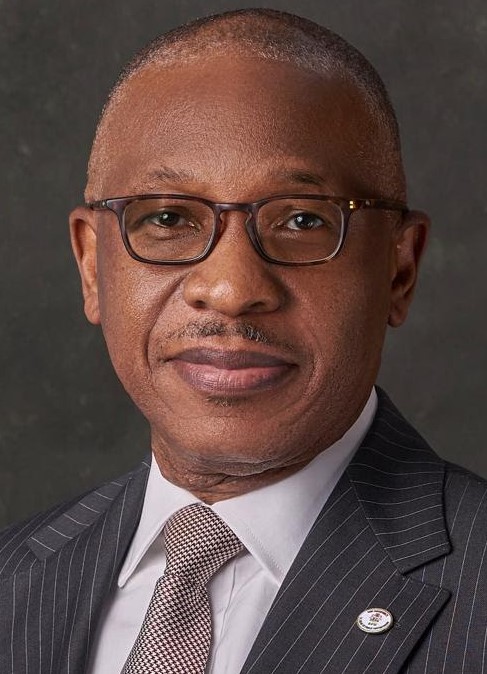MEDIATRACNET
More condemnations have continued to trail UK government’s decision to include Nigeria in its red travel list over the Omicron variant of COVID-19.
Nigeria’s inclusion in the list took effect from Monday as the UK government announced fresh precautionary measures to prevent further spread of the Omicron variant into the UK.
Since the announcement, several Nigerians at home and in the UK have criticized the the decision, with many describing it as grossly unfair, wicked, and exploitative.
While the UN Secretary General, António Guterres, called the restriction “travel apartheid”, the President of the African Development Bank (AfDB), Akinwumi Adesina, said the travel restrictions on Nigeria and other African countries was a very unfair, non-scientific and discriminatory action.
In its view, the Nigerian Governors Forum (NGF), the umbrella body of the governors from the 36 States of the Federation, described the ban as arbitrary stigmatisation of Nigeria by the UK.
“The Nigerian Governors Forum (NGF) wishes to draw the attention of the World Health Organization (WHO) to the arbitrary stigmatisation caused by the recent banning of countries from visitation based on tbe spread of omicron variant.
“Only three cases of the Omicron variant of the Corona virus were detected in Nigeria less than a week ago, precisely on December 1, 2021.
“Canada and the United Kingdom have hastily included Nigeria among the Omicron present countries whose citizens must stay away from their shores. We view this action as precipitate, unfair and discriminatory.
In a statement on Tuesday in Abuja, the NGF said Omicron variant still remains relatively unknown globally as it was not yet clear whether it is more transmissible from person to person, compared to other variants including Delta.
The NGF said it was very discouraging to note that there were several countries that have reported cases of Omicron similar to or higher than Nigeria’s, that have not been banned from entry to the UK and/Canada.
Confirmed Omicron cases, he said, as at December 3, across some countries are: Nigeria (3 ); Australia (7); Brazil (3); Germany (9) Israel(4); Italy (9) & Netherlands(16). There is also no evidence that harsh, blanket travel bans will protect the countries that impose them.
“It is ironical that this ban comes at a time when the Director General of the WHO, Tedros Ghebreyesus, has advised that “rational proportional risk reduction measures” be taken by countries.
These include such as screening passengers prior to departure and/or upon arrival in a country, or enforcing a quarantine period.
The NGF therefore urged the WHO to intervene in this matter by setting uniform standards that are acceptable to all for banning countries across the globe.
As we know, the NGF vaccine hesitancy is quite high and for many reasons, seeincluding disruptive announcements like this which could exacerbate distrust of the vaccine and heighten hesitancy.
The NGF urged World leaders and stakeholders in the West to remember that with the COVID-19 pandemic, until everyone is free, no one is free.
Variants will continue to appear and spread across the globe as long as global herd immunity has not been achieved.
We call on countries to be guided by science and fairness in setting the criteria for updating their red list.
We encourage both public and private stakeholders to continue to support vaccination efforts and address hesitancy. We encourage Nigerians not to be discouraged and to get vaccinated as soon as possible.
As a platform for the 36 democratically elected governors of the country, the NGF said it believed it reserves the right to speak for its people.
Besides, the NGF said it was proactive and ahead in the Polio eradication programme in Nigeria, in the country’s response to the Ebola virus, and lately in the response against the corona virus pandemic.
As one of the core mandate areas of the NGF has remained an item on its meeting agenda in the past several months




